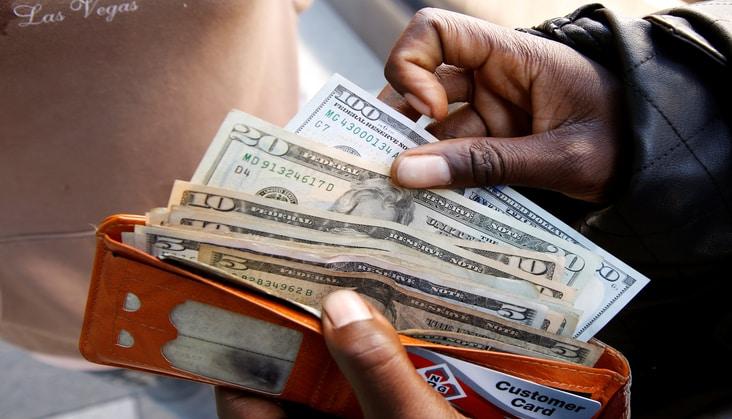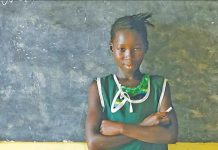Africa-Press – Lesotho. Bond markets around the world have slowly been facing up to the reality that low or negative interest rates are here to stay. The search is on for new ways to generate investment income with acceptable levels of risk.
The Africa Report will be running a series of articles in which we analyse African shares that, for some investors, could fit the bill. According to Capital Economics, a record 25% of the global government bond market is now negative yielding.
In that context, so-called “bond proxies”, such as shares that pay out income streams reliable enough to be comparable with a bond, have been in increasing demand.
The most best-known blue-chip bond proxies in developed markets are likely to continue to become more expensive, as investors bid them up in their search for safety.
That will mean a need to cast the net wider in search of a workable risk-reward proposition. The articles in this series do not offer investment advice and readers should do their own research and/or take professional advice before investing.
Grit Real Estate Income Chances are, though, that your professional adviser will try to point you to an income investment with a remarkably low yield. African real-estate investor Grit Real Estate Income, listed in London, Johannesburg and Mauritius, is the first company on our list.
The company is comparable to a real estate investment trust (REIT), though there is no REIT legislation at present in some of the countries in which it operates.
The unfamiliarity of the company’s model among many investors may mean that the shares have been overlooked. Grit has only been listed in London since July 2018. Also receive offers from The Africa Report Also receive offers from The Africa Report’s partners
Grit shares trade at $1.36 in London, meaning they are available at a discount to the company’s net asset value per share of $1.497, and a yield of 8.3% to historic dividends.
Grit targets an annual dividend yield of at least 8%, and a total annual return to shareholders, including growth in net asset value, of at least 12%.
Stocks offering such a yield would usually be seen as high risk. But Grit has a diversified presence in seven African markets. The company strategy is to avoid more than 25% exposure to any one country or sector over the medium term.
The company has a mix of 25 shopping centres, hotels, office and industrial buildings in Morocco, Zambia, Mozambique, Ghana, Kenya, Botswana and Mauritius.
Among the companies top 10 tenants are names such as Beachcomber, Barclays, the US State Department, Shoprite and Vale. Grit collects 95% of its rent in hard currencies such as dollars and euros.
The company, run by CEO Bronwyn Corbett from Mauritius, has a market value of about $400m. Grit said in June that it’s on track to deliver its targeted 12% total shareholder return and positive growth in dividend for the financial year ending 30 June 2019.
Annual results will be reported on September 26. “Africa discount” More than half of the 32 London-traded real-estate investment trusts listed on Trustnet currently trade, like Grit, at a discount to net assets.
But Grit’s current 8% yield beats all of them, with most of the trusts paying between 3% and 5%. Risks of course exist. The company is young, has frequently changed its name, and has yet to experience a prolonged recession.
And the kind of blue-chip names courted by Grit would be hard to replace if they decided to go elsewhere. The ongoing need for financing is another risk.
Grit is currently planning to sell up to 280m new shares to fund growth. The company has said that the price will not be less than the NAV value at the time of the sale, meaning that NAV per share will not be diluted.
Approval for the plan will be sought from shareholders on October 11. The biggest danger may be investor perceptions. The main risk for Grit, according to research from Axys, is the fear of “Africa”, where asset values may not stand up to sudden and unpredictable political and regulatory changes.
But the diversification of the company’s holdings provides insurance against country-specific risk – and the most important features of the markets where Grit operates are not captured by labelling them as African. Bottom Line: An 8% yield will at some point be enough to persuade investors to re-examine their fear of Africa.
For More News And Analysis About Lesotho Follow Africa-Press






